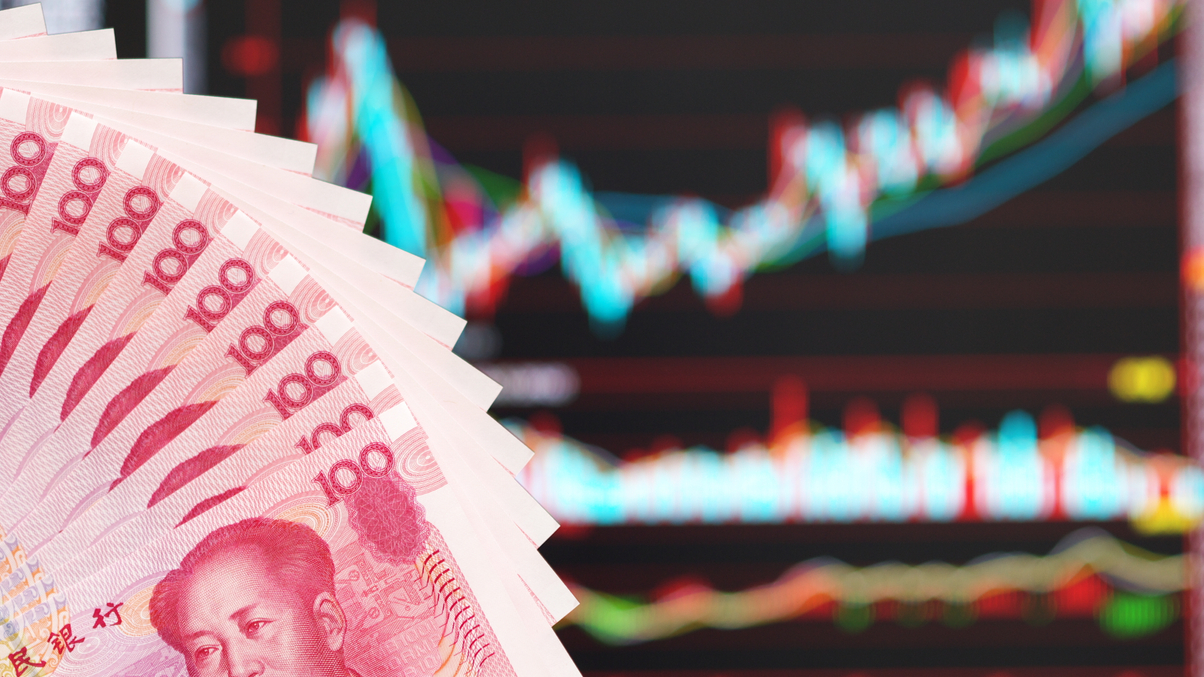HK equity surge puts pressure on QDII quotas
Funds investing in Hong Kong stocks are being forced to suspend new subscriptions as they face a shortage of QDII quotas. The surge in Chinese flows was sparked by a liberalisation of investment rules last month.

Hong Kong’s stock market rally is putting pressure on Chinese fund managers’ QDII quotas, the first time the scheme has faced shortages since its launch.
Sign in to read on!
Registered users get 2 free articles in 30 days.
Subscribers have full unlimited access to AsianInvestor
Not signed up? New users get 2 free articles per month, plus a 7-day unlimited free trial.
¬ Haymarket Media Limited. All rights reserved.


